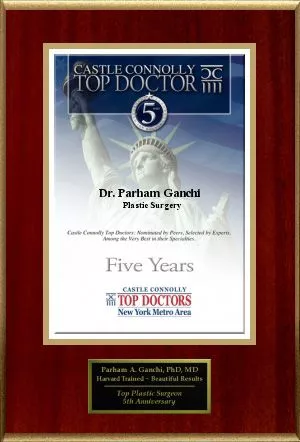Any surgery comes with a certain amount of risk. However, plastic surgery has been performed safely and effectively by plastic surgeons for a long, long time. Following these simple guidelines and selecting a top plastic surgeon will help ensure your plastic surgery is safe and effective. Also, paying attention to these suggestions will help ensure you get the beautiful results you’ve dreamed of.
Your Health History
Give your plastic surgeon all the information you can about your health history. The information is vital to the successful outcome of your procedure. Take your time in completely filling out the medical history forms you’ll be given at the office.
Remember to tell your doctor any other concerns you may have about your health. Discuss your medical history, including current conditions, previous health situations, and family health background. Your plastic surgeon will guide you through this process and help you communicate the important points. He knows what physical situations or medical conditions could create complications with the surgery or any required anesthesia.
Choosing Your Plastic Surgeon
Is the Surgeon Board Certified in Plastic Surgery?
To ensure a safe plastic surgery and a wonderful outcome, make sure you have a highly trained board certified plastic surgeon. This is of utmost importance. To do otherwise is to court disaster. Here’s why.
A surgeon can be trained and licensed in other forms of surgery. This does not mean he or she is expert in any form of surgery, including plastic surgery. The doctor must undergo advanced training and strenuous examination to become board certified specifically in plastic surgery.

Don’t settle for any surgeon. Make sure
you choose a board certified plastic
surgeon who has the highest quality
training and experience!
A surgeon must demonstrate the highest level of knowledge and skill to become board certified in plastic surgery. He or she must remain up-to-date on all the latest advances in medicine and patient care, particularly those relating to plastic surgery.
So, make sure you only work with a surgeon who is board certified in plastic surgery. You can check if your surgeon is board certified in plastic surgery at the American Board of Plastic Surgery website.
Accredited Plastic Surgery Facility
Ask your plastic surgeon or one of the staff if you can see the accreditation of their surgical facility. Having your plastic surgery performed in a fully accredited outpatient clinic, hospital or surgical suite will help to ensure the safety and success of the procedure.
The accreditation makes sure your surgery and plastic surgeon are assisted by:
Trained, experienced, and qualified support staff
A fully trained anesthetist or anesthesiologist
A clean and fully equipped operating room
Any equipment or personnel that may be needed in an emergency situation
The staff and the facility must pass regular inspections. Also, they must adhere to strict standards for sanitation, equipment, staff qualifications and patient care in order to receive and maintain accreditation.
Some of the accrediting bodies to look for are AAAASF (American Association for Accreditation of Ambulatory Surgery Facilities), AAAHC ( Accreditation Association for Ambulatory Health Care ), or JCAHO (Joint Commission on Accreditation of Healthcare Organizations).
Hospital Privileges
When a plastic surgeon has hospital privileges, this means that he has the right to use the facilities and equipment of a hospital. In order to get hospital privileges, the plastic surgeon must have their credentials fully reviewed to make sure they are properly licensed. They must also have the necessary experience to perform the procedures they are likely to perform at that hospital.
Determine that your plastic surgeon has appropriate hospital privileges offers an additional layer of confidence in your plastic surgeon. This is another way of making sure your plastic surgery will be safe and successful.
Communicating with Your Plastic Surgeon
You have to feel free to communicate with your plastic surgeon. Ask questions.
Most experienced plastic surgeons will how you before and after pictures of the procedure as performed on previous patients. From these you can frequently get an idea of whether the surgeon’s aesthetic sense is similar to your own. After all, there is not only a high level of knowledge and technical skill that goes into being a plastic surgeon, but there is the sense of contour and beauty as well.
You’ll want to feel comfortable with your plastic surgeon. Does he seem to understand your needs and the outcome you’re looking for? Find out if he shares your goals for the surgery and is he confident the procedure can address those goals?
If you can get these questions or concerns answered to your satisfaction, you will have likely discovered the plastic surgeon that is right for you.
Understanding the Procedure
What about the plastic surgery itself? Feel free to ask your plastic surgeon any questions you have about the procedure. Some things you might want to know are:
What is the procedure called?
How is it done?
Has the plastic surgeon previously performed the operation? What was the outcome?
What is the length of the procedure?
How long will you be in recovery and how soon will you be allowed to go home?
Will you be able to drive yourself home?
Are there likely to be complications and what might these be?
What should your realistic expectations be for the results of the procedure?
What will the recovery be like and how long can you expect it to take?
How long until you can return to normal activity?
Ask about follow-up visits.
Will there be any follow-up surgeries needed and when would they be likely to be needed?
Understanding What is Expected of You
Your plastic surgery team will advise you on what you need to do to prepare for your surgery and how you can assist in your own rapid recovery.
The best thing you can do to aid your own recovery is to stay in communication with us and follow your team’s instructions, which may include such things as:
Take any medications to control pain and swelling as instructed.
Ice the affected area because this will assist with pain and healing.
Avoid strenuous activity as long as instructed and don’t push yourself.
Get plenty of rest and take it easy during your recovery.
Correctly maintain any “drains” inserted during surgery or change bandages.
Elevate the affected area, if needed to diminish pain and assist healing.
Avoid direct exposure to sunlight for the recommended period of time.
Return to the clinic for all follow-up appointments since these are an important part of your recovery.
Let your plastic surgeon know of any concerns or problems that arise following surgery and stay in touch with your surgical team.
Follow these guidelines and you’ll have a safer surgery, faster recovery, and be happier and more confident in your results.
